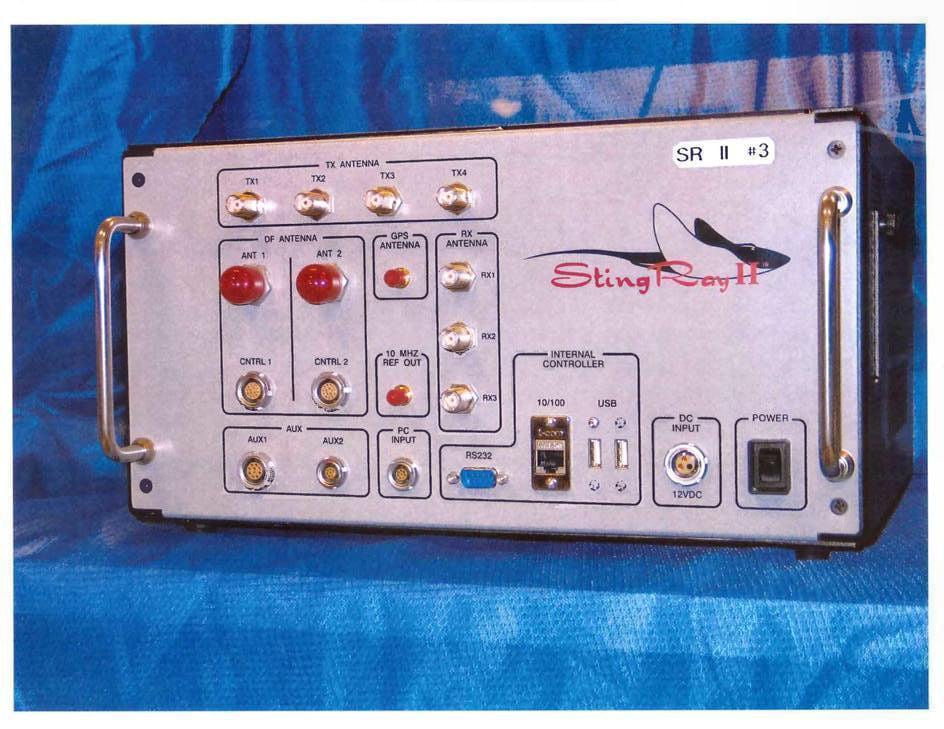PHOENIX — After being rebuffed by a trial judge, the American Civil Liberties Union is asking appellate judges to force the Tucson Police Department to release information about its cellphone tracking devices.
The devices allow police to track cellphones — and, by extension, their users.
Attorney Daniel Pochoda said Pima County Superior Court Judge Douglas Metcalf acted illegally when he accepted, at face value, arguments by attorneys for the city that providing the documents would disclose “sensitive investigative techniques.”
“Arizona’s Public Records Law does not recognize a blanket privilege to not disclose law enforcement investigative techniques,” Pochoda said in his filing with the state Court of Appeals.
He said the law favors disclosure, and presumes, absent evidence to the contrary, that documents are public.
What that means, Pochoda said Tuesday, is if Tucson wants to keep the materials out of public view its lawyers must show a specific harm that would occur if that happened.
“You can’t just invoke the terms ‘sensitive information’ or ‘investigative techniques’ and therefore that trumps any rights you have under the Arizona Public Records Law,” he said. “And that’s what happened here.”
Metcalf said in his ruling that there is legal precedent to withhold from the public “sensitive law enforcement investigative techniques.”
But Pochoda said the judge cited no precedents from Arizona.
He said that is a fatal flaw in the ruling, given how much stronger the Arizona Public Records Law is than similar laws in other states.
Pochoda said Arizona law puts the burden on the government agency denying access to prove why the information should be shielded, not on the person who wants it.
“There has to be a specific showing related to that specific request as to why there would be harm to the public interest if it was disclosed,” Pochoda said.
What the appellate court rules is likely to have implications beyond the specific request by freelance reporter Beau Hodai to see training manuals and other materials from the Tucson Police Department on how the agency uses its StingRay and StingRay II devices. It could set precedent for how much leeway courts will give all Arizona governments to keep documents secret.
The device itself, and its basic operation, is not entirely a secret.
It relies on the fact that cellphones essentially log in with each tower they are near. That is necessary so that incoming calls are routed to the correct tower and that ongoing calls are handed off from tower to tower as someone travels through an area.
The device, made by Harris Corp., mimics a cell tower. So every phone within range logs in.
Police then can comb through that data in the device to find the cellphone they seek. The device is portable, allowing officers to take it door to door.
Pochoda said there also are variants that can intercept calls, text messages and emails.
Hodai asked for more details of how Tucson uses the device, like “quick reference sheets,” which are instructions on how to use the equipment. And he wanted the department’s training materials, including an equipment worksheet and a computer presentation that explains how the equipment works.
In his ruling last year, Metcalf said Arizona law presumes documents are public.
But he said that presumption is overcome if an agency provides a legitimate reason to keep the documents secret. And in this case he accepted the city’s arguments, including national security interests.
The judge specifically noted a sworn statement from Bradley Morrison, chief of the FBI’s Tracking Technology Unit, who argued disclosure of even minor details of the device would be harmful.
Pochoda said the “national security” claims were overblown, noting many of the requested documents were provided by Harris Corp. to the city “without FBI involvement.”





